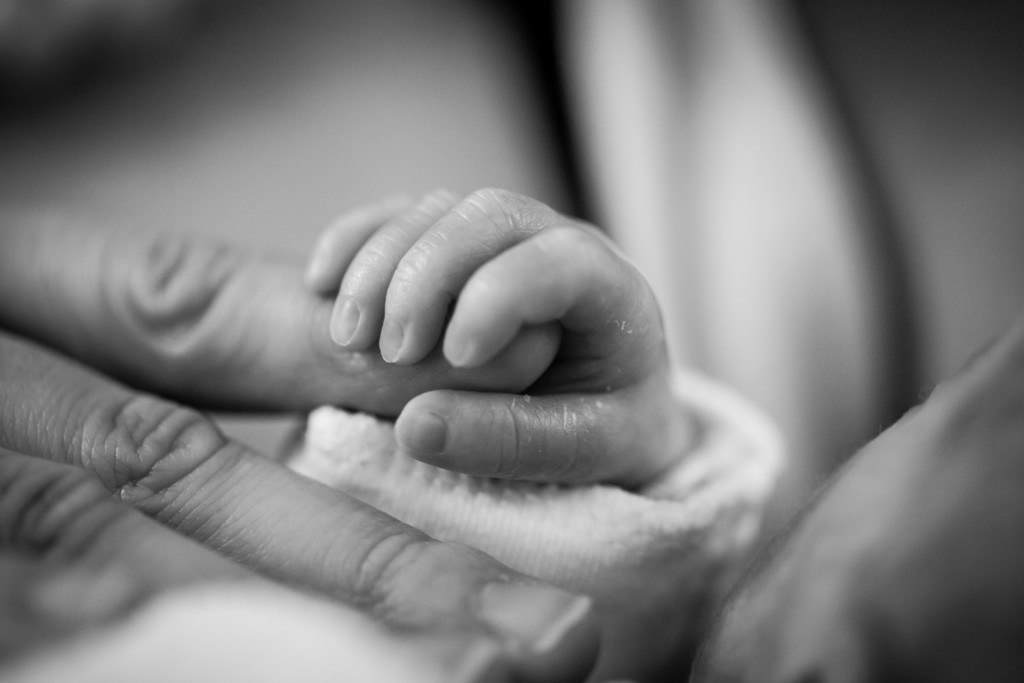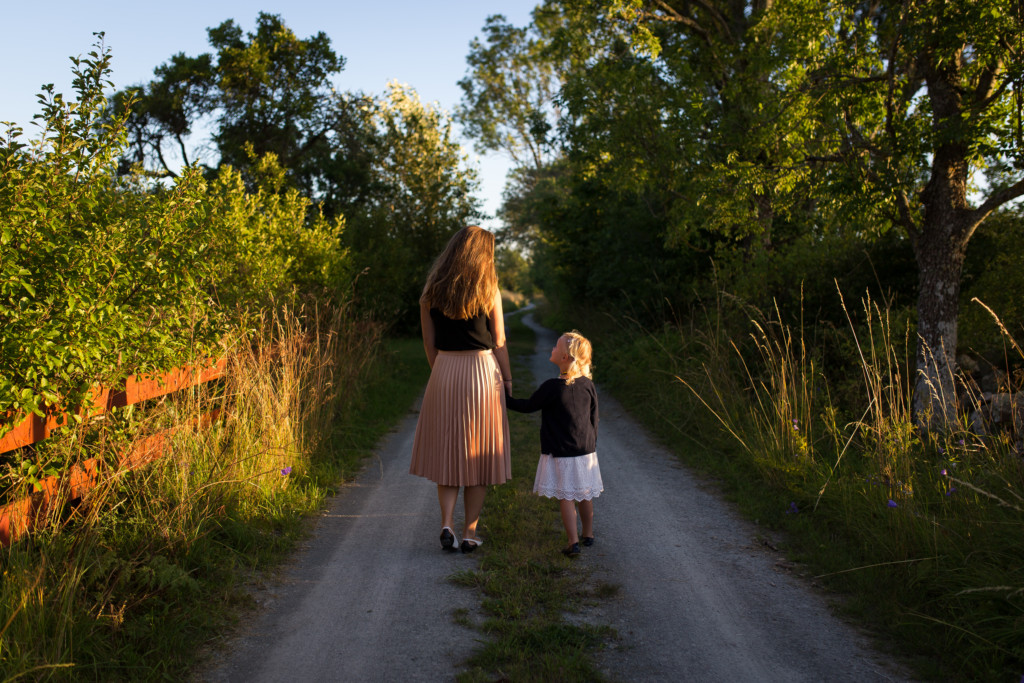
There are 8,700 children in the Massachusetts foster system. That’s 8,700 children without permanent homes. To observe national foster care month, I interviewed my friend who has been a foster mom for three years. I always knew she was a beautiful person, but what came out of this interview touched me even more.
How did you become interested in foster care?
The story begins with my adopted younger brother. I was 3 years old when my parents brought home my new 6-month-old Korean brother. Much to his chagrin, I thought he was MY baby. I have always been slightly more of a mother figure to him than a sister. I have always felt protective of him.
When I would tell friends in college that my family was coming to visit, it would never cross my mind to mention that my brother would not look like me because he was Korean. He was simply my brother, and I never thought to qualify or explain any aspect of that fact. I remember seeing their surprise upon meeting him. I was not really aware of the power of that dynamic until much later in life.
That piece has always been a big part of who I am — being an advocate for children or anyone, really, who is in a vulnerable position. It saddens me deeply to know there are children who do not have so many of the basics that most of us take for granted. Why do we have these things and they do not? It’s luck and privilege. I’m referring to things like a bed, clean clothes, healthy food, caring and capable family members, a feeling of safety, and the sense that someone is paying attention. Many children are preoccupied with anticipating additional trauma, do not have people smiling at them in the course of a day, and often feel scared or lost. Much of this is going on with them at very important developmental and formative periods in their lives.
I believe in the power of connection, and people having strong and powerful impacts on each other’s lives that can be, ultimately, life changing.
We finished the Massachusetts Approach to Partnership in Parenting (MAPP) course in the fall of 2013 and had our first placement in the spring of 2014.
How many kids have you foster parented?
We have fostered twice, and the situations were very different — nearly opposite.
One was a baby who came to us at 8 months old, and the plan was always for him to reunify with his mother. He was with us for almost a year. He was the easiest and most adorable, lovable little guy. As much as caring for a baby is a lot of work in its own right, he made the job easy in that we truly enjoyed our time with him. Also ideal, and not always the case, his situation was very straightforward in that the plan was always for him to reunify with his mother. She was on track and doing everything necessary to make that happen. We had a nice rapport with her and continue to this day to see him and his siblings.
Our second experience involved an 11-year-old girl, and she was with us for 6 months. She was a big personality with a lot of needs. She was old beyond her years — out of necessity — but she’d missed out on much of her childhood. Our focus was to allow her to turn off the coping survival skills she had developed and instead let her be the kid she was never allowed to be.
You also have two young biological sons. What do you hope to impart on them through this unique experience?
We checked and double checked what this reality might mean for them. We discussed our intention to foster with child psychologists — we wanted to make sure we were not being selfish with our desire to pursue fostering at a potential cost to our sons. Both professionals resoundingly confirmed that we would be teaching them one of the greatest lessons in life. It’s difficult to name all that lesson includes, but certainly empathy, gratitude, showing up in life, giving back, and how to SHARE!
What have you learned about yourself?
My personality can run in “go mode,” but it is very important to slow down and check the pulse of my entire family. Even in the face of doing something well-intentioned, there can be a level of selfishness to it, if not kept in check. I might thrive with that level of busy, but it has been grounding for me to weigh that balance with what everyone else needs as well.
The Department of Children and Families (DCF) will tell you that your own family has to come first. They offer meetings with an amazing psychologist they have on staff whose services are available to foster parents. Every foster family also has its own DCF assigned worker to advocate and check in on a regular basis.
What did you learn about your husband?
He also likes to give and go and do — we are quick to say “yes” and have to constantly check that we are not overcommitting and overstretching not only ourselves, but our children as well. He was a teacher in his past life, and his work now is primarily focused on children, so it is not surprising that he was on board when I told him fostering was something I could not die without doing! It has always been on the very top of my bucket list. Fostering has reminded me what a great team we make and how he is an amazingly giving person. He is incredibly hands on, helpful, and involved.
What have you learned about your partnership and your relationship?
I do not think either of us had an initial draw to the relationship based on a common interest in children, but that does seem to exist largely between us. It has also brought out the yin and yang in our relationship. We seem to easily take turns assuming the needed role at hand.
As a foster parent, how would you describe the attachment feelings you have toward the children in your care?
We have been fortunate in that we have been permitted ongoing contact with both the children we fostered. And I would love to always know them and support them. I have a psychology/sociology background and have done a lot of work with marginalized youth. I have heard people say, “Oh, I could never do it because I would just get too attached!” The point was made in our training class that you’re not doing your job properly as a foster parent if you don’t get at least a little attached. It’s part of the journey.
At the risk of sounding ridiculous, that old cliché of “better to have loved and lost than never to have loved” sort of fits here. You do it for the love and you do it for the journey. It adds so much to your life.
What has been the biggest challenge of being a foster mom?
For me it is having to be mindful of and keep in check the needs of my own family before spreading myself so thin that I leave them short in any way. There is “respite” care for foster children who are in your care. You can take a break, if needed, or attend a family function without them along if that is not in the best interest of everyone.
What has been the biggest reward?
I find great fulfillment in knowing that we gave a child a safe place to be, people to goof around with, the space to be a kid, and the opportunity to not have to take on more responsibility or worry than they should have to. We feel certain that they felt loved and cared for. It is very fulfilling to expose them to new, enriching activities that they did not have access to before.
What do you want people to know about being a foster mom?
You can choose to provide care in long-term or short-term periods. DCF works closely with foster families to make sure the fit is right.
Any advice you would give moms or families interested in becoming foster families?
I would never want to underestimate what the commitment of being a foster parent truly is, but I will also say that the fulfillment very much outweighs the demands.
My advice would be to have your finger on the pulse of your own family. First and foremost, be cognizant of your own children and their needs. You want them to gain from the experience, not lose. Not that there won’t be times when they have to share or make some sacrifices. But that is part of the bigger meaning and lesson involved.
To learn more about becoming a foster parent in Massachusetts, visit mass.gov. Or, contact Kara Hemingway with DCF at 781-794-4400 to find out when the next Massachusetts Approach to Partnership in Parenting (MAPP) class is offered.















Wonderful interview congrats to you both ladies.